Best Legal Timekeeping Software for Law Firms: Top Features & Benefits
In today’s fast-paced legal environment, choosing the right legal timekeeping software is crucial for law firms aiming to enhance efficiency and profitability. The right software can streamline operations, improve billing accuracy, and boost overall productivity. This guide will help you navigate the options and choose the best software for your firm’s needs.
Written by Knowledge Team, posted on June 19, 2024
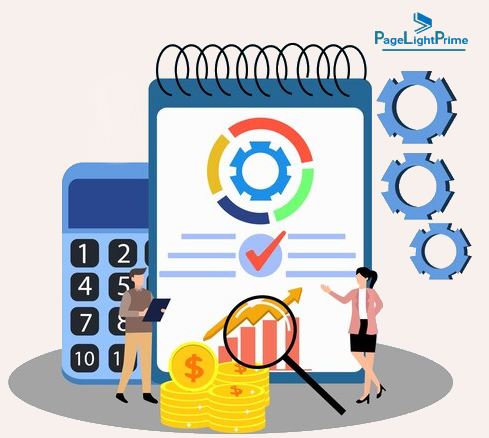
What is Legal Timekeeping
Legal timekeeping refers to the process of recording the time spent by attorneys and other legal professionals on various tasks and activities related to client cases. This can include billable hours, non-billable hours, and specific activities such as consultations, research, drafting documents, and court appearances. Accurate timekeeping is essential for effective billing, case management, and overall firm profitability. The role of legal time tracking software is to automate and streamline this process, ensuring precise tracking and reporting of all time-related data, thereby enhancing productivity and accuracy.
Target Specific Features and Benefits
Benefits of Automated Time Tracking for Law Firms in 2024
Automated time tracking is one of the most significant features of legal timekeeping software. It reduces the manual effort required to record billable hours, ensuring no time is lost and every minute is accurately accounted for. This feature can:
- Increase productivity by freeing up more time for casework.
- Enhance accuracy in billing, reducing discrepancies and disputes with clients.
- Provide detailed insights into time allocation, helping to identify areas for efficiency improvements.
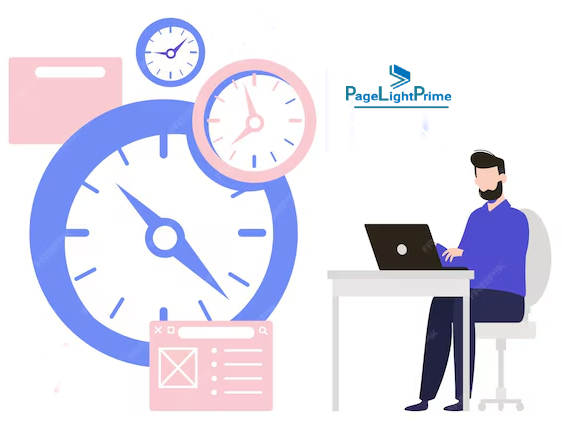
Features for Improved Billing Accuracy
Accurate billing is vital for maintaining client trust and ensuring your firm is compensated fairly for its work. For example, Legal timekeeping software with automatic timers ensures accurate tracking of billable hours for criminal defense lawyers. Features to look for in legal billing software include:
- Time and Expense Tracking: Automatically capture and categorize billable hours and expenses.
- Flexible Billing Rates: Set different billing rates for various services, clients, or case types.
- Automated Invoicing: Generate detailed invoices based on tracked time and expenses, reducing administrative workload and speeding up the billing process.
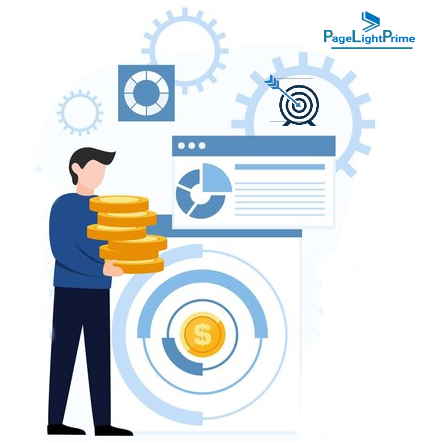
Security Measures for Client Data Protection
Given the sensitive nature of legal work, robust security measures are non-negotiable. Look for software that offers:
- Data Encryption: Protect client information both in transit and at rest.
- User Permissions: Control access to sensitive information with role-based permissions.
- Audit Trails: Maintain a record of all actions taken within the software to ensure accountability and traceability.

How to Improve Law Firm Efficiency with Legal Timekeeping Software
Efficiency is a key driver of profitability in law firms. Legal timekeeping software can significantly enhance efficiency by automating routine tasks, reducing manual errors, and providing valuable data insights. Consider:
- Automating Repetitive Tasks: From time tracking to invoicing, automation frees up valuable time.
- Reducing Errors: Automated systems reduce the likelihood of manual errors, ensuring accurate billing.
- Data Insights: Use analytics to identify bottlenecks and optimize workflows.
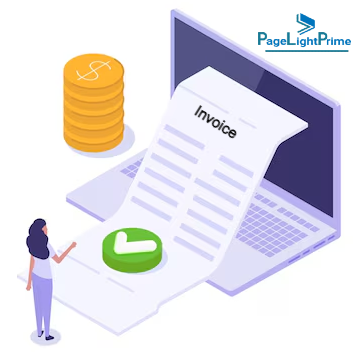
Choosing the Perfect Legal Timekeeping Software for Your Needs
Factors to Consider When Choosing Legal Timekeeping Software
Selecting the right software involves evaluating various factors to ensure it meets your firm’s specific requirements. Key considerations include:
- User-Friendliness: Choose software that is intuitive and easy to use, minimizing the learning curve for your team.
- Customer Support: Chose a provider that offers robust customer support to assist with any issues that may arise.
- Reputation and Reviews: Research reviews and testimonials from other law firms to gauge the software’s reliability and performance.
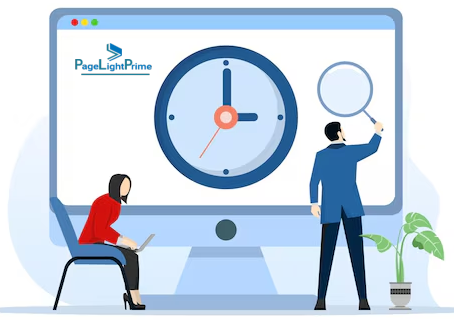
Understanding Your Law Firm’s Needs
Before deciding, it’s crucial to understand your firm’s unique needs. Consider:
- Size of the Firm: The best legal timekeeping software for solo practitioners might differ from that suited for large firms.
- Type of Cases: Some software may offer features tailored to specific types of legal work, such as family law, criminal defense, or corporate law.
- Current Pain Points: Identify existing challenges in your timekeeping and billing processes that the software needs to address.
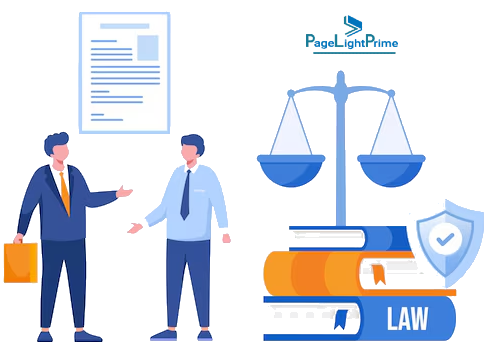
Budget Considerations
Budget is always a critical factor. While it’s tempting to opt for the cheapest option, it’s essential to consider the software’s value and ROI:
- Total Cost of Ownership: Include not only the purchase price but also any ongoing subscription fees, maintenance costs, and potential savings from increased efficiency.
- Free Trials and Demos: Take advantage of free trials or demos to assess the software’s fit before committing financially.

Scalability and Integration Options
Your chosen software should be able to grow with your firm and integrate seamlessly with other tools you use:
- Scalability: Ensure the software can handle an increasing number of users and growing data volumes as your firm expands.
- Integration: Look for software that can integrate with other legal practice management software, accounting systems, and document management solutions.

Features to Look for in Legal Timekeeping Software
Cloud-based legal software is becoming increasingly popular due to its accessibility and scalability. When considering cloud-based options, look for:
- Accessibility: Ensure the software is accessible from anywhere, facilitating remote work and flexible working arrangements.
- Scalability: Cloud-based solutions can easily scale as your firm grows, accommodating more users and increasing data storage needs.
- Security: Cloud solutions should offer robust security measures, including data encryption and secure access controls.
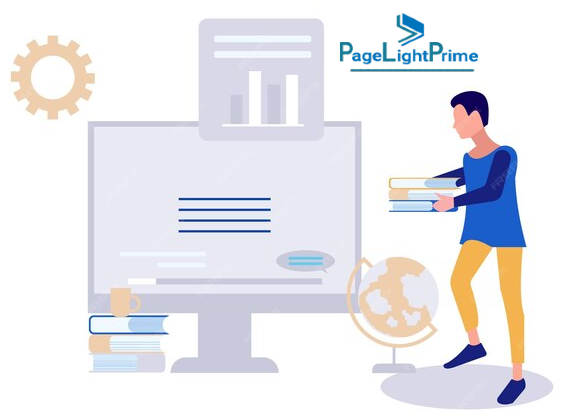
How to Choose the Right Legal Timekeeping Software for Your Legal Specialty
Different legal specialties may have unique requirements. For example, intellectual property law firms may need software that tracks specific types of billable activities, while family law firms might prioritize features for client communication and case management. Consider:
- Specialty-Specific Features: Ensure the software offers features tailored to your area of practice.
- Customization Options: Look for software that allows customization to fit your specific workflows and processes.
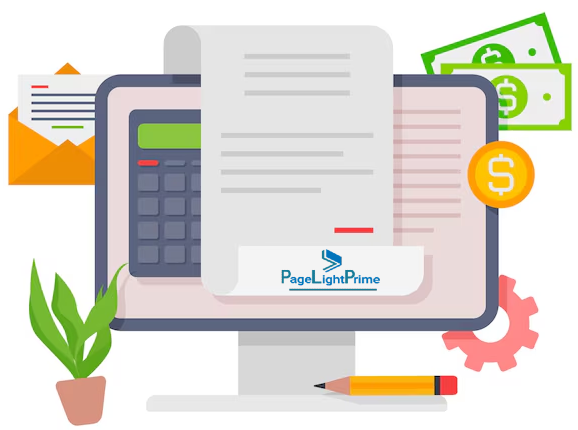
Curated List of Popular Legal Timekeeping Software Options
Here’s a curated list of popular legal timekeeping software options that law firms often consider. Each of these software solutions offers unique features and benefits tailored to different needs and preferences:
PageLightPrime

PageLightPrime:
PageLightPrime offers comprehensive legal practice management software, including time tracking, law firm billing, and client management, ideal for mid-sized firms seeking a cloud-based Microsoft 365 integration.”
PracticePanther

PracticePanther: Offers intuitive time tracking and billing features, along with robust case management capabilities. PracticePanther Integrates with various third-party applications to streamline workflows.
MyCase

MyCase: Cloud-based practice management software focusing on simplicity and ease of use. MyCase features include time tracking, billing, client communication tools, and document management.
Bill4Time

Bill4Time: Designed specifically for legal professionals, offering customizable time tracking and billing solutions. Bill4Time includes invoicing features, expense tracking, and reporting capabilities.
TimeSolv
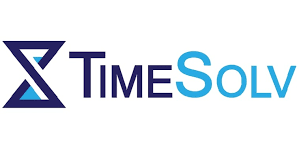
TimeSolv: Offers time tracking, invoicing, and billing solutions for law firms and legal professionals. TimeSolv supports both online and offline time tracking with customizable features.
Conclusion
Investing in the right legal timekeeping software is a strategic decision that can significantly impact on your law firm’s operations. By focusing on the essential features, understanding your specific needs, and considering factors like budget and scalability, you can select a solution that not only improves time tracking and billing accuracy but also supports your firm’s growth and success. With the right tools in place, you can streamline workflows, protect client data, and ultimately, deliver better service to your clients.
